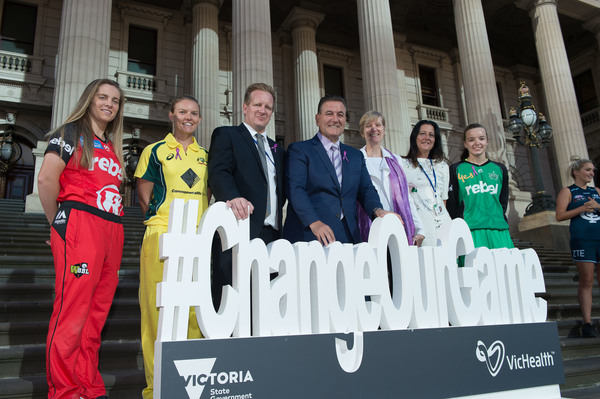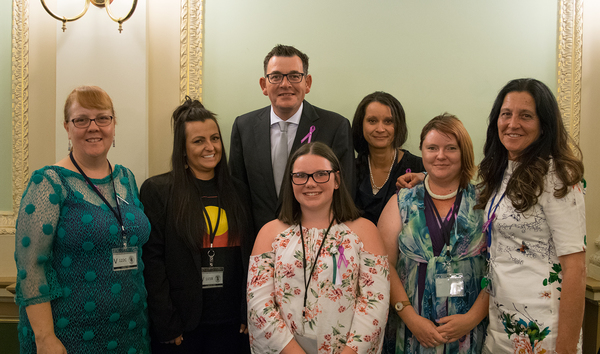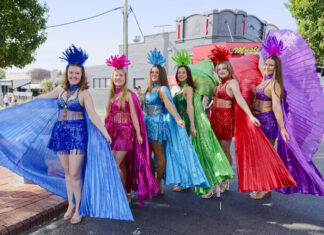I recently had the sad privilege to speak at the Geelong Women in Local Democracy (WILD) – Women Sharing Power event held at the Geelong Regional Library.
I say sad because I was speaking in place of the late Fiona Richardson, former Minister for Women and Minister for Prevention of Family Violence in the Andrews Government. Fiona championed the prevention of violence against women and children. And nobody fought harder for gender equality in all facets of community life than Fiona; she will be sadly missed.
Geelong Women in Local Democracy (WILD) was formed in 2012 to promote the key principles of the Victorian Local Government Women’s Charter – gender equity, diversity and active citizenship – and to specifically work towards increasing representation of women on the City of Greater Geelong Council.
I commend WILD and the Victorian Local Government Association for their dedication and hard work to encourage women to run for local government.
We understand the significant positive impact associated with increasing women’s leadership and participation in all aspects of our community.
Gender equality in public and political life fosters economic growth and contributes to strengthening overall social and community cohesiveness. It is also an imperative in the prevention of family violence.
Ensuring women are leaders in local government is especially important. Local government representatives should reflect the diversity of the community they serve. Having a wide range of perspectives in decision-making not only strengthens local governance but also builds cohesive communities.
Safe and Strong, Victoria’s first ever Gender Equality Strategy, commits to increasing women’s leadership and participation in public life as a key component of achieving gender equality. A key target is that by 2025, 50 per cent of councillors and mayors will be women.
In local government administration, there is also work to be done. While women make up 55 per cent of all local government employees, they make up just 16.5 per cent of CEO positions and 34 per cent of director positions.
However, the most effective gender equality efforts engage people across the many different environments where people live, work, learn, socialise and play. Also a consistent focus in our institutions, workplaces, not-for-profit and community organisations, local councils and sporting associations – will have the strongest potential reach across society, and achieve the greatest impact on gender equality.
Local government need ensure that community infrastructure, land use planning and design, sports and recreation facilities and service delivery all reduce gender inequalities. Building the numbers and diversity of female candidates can only help this.
Events, like WILD’s Women Sharing Power evening, provide an opportunity to learn about what councillors do, and how to stand for election. The workshops that WILD have been running recently are a great example of providing women with the skills, and the mentoring, they need to be candidates.
We all have a role to play in shaping attitudes and transforming behaviours to improve gender equality. Only with broad, ongoing community support will it be possible to create lasting change. We have come a long way in improving and promoting gender equality, however there is still much to do.
WILD strides in sharing power

Digital Edition
Subscribe
Get an all ACCESS PASS to the News and your Digital Edition with an online subscription
Pako Festa shines again
Pako Festa put on another wonderful display of our diverse culture and Independent photographer Ivan Kemp was at Pakington Street, Geelong West, on Saturday...









